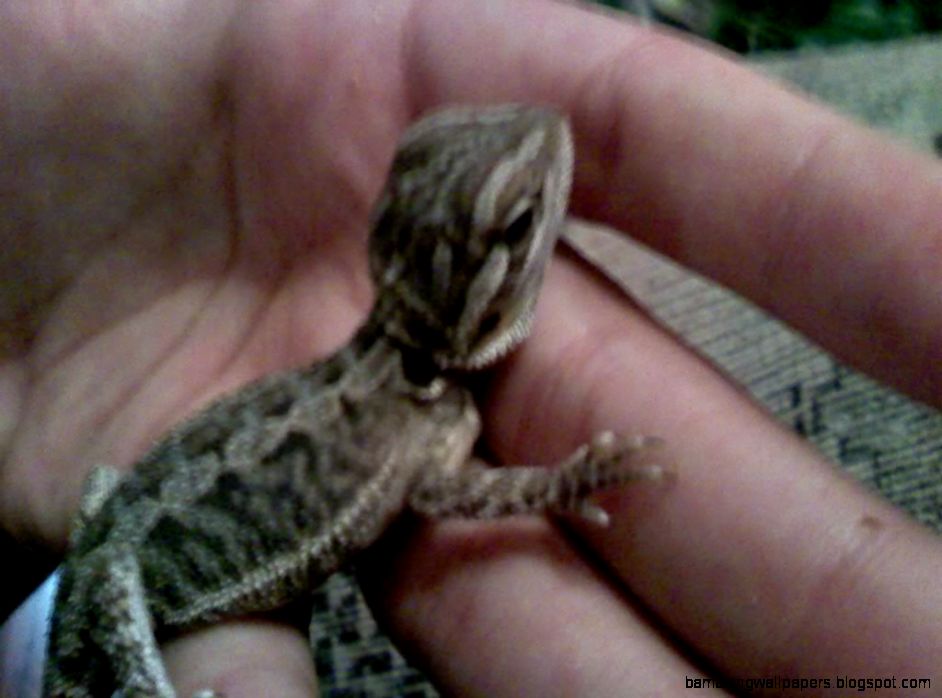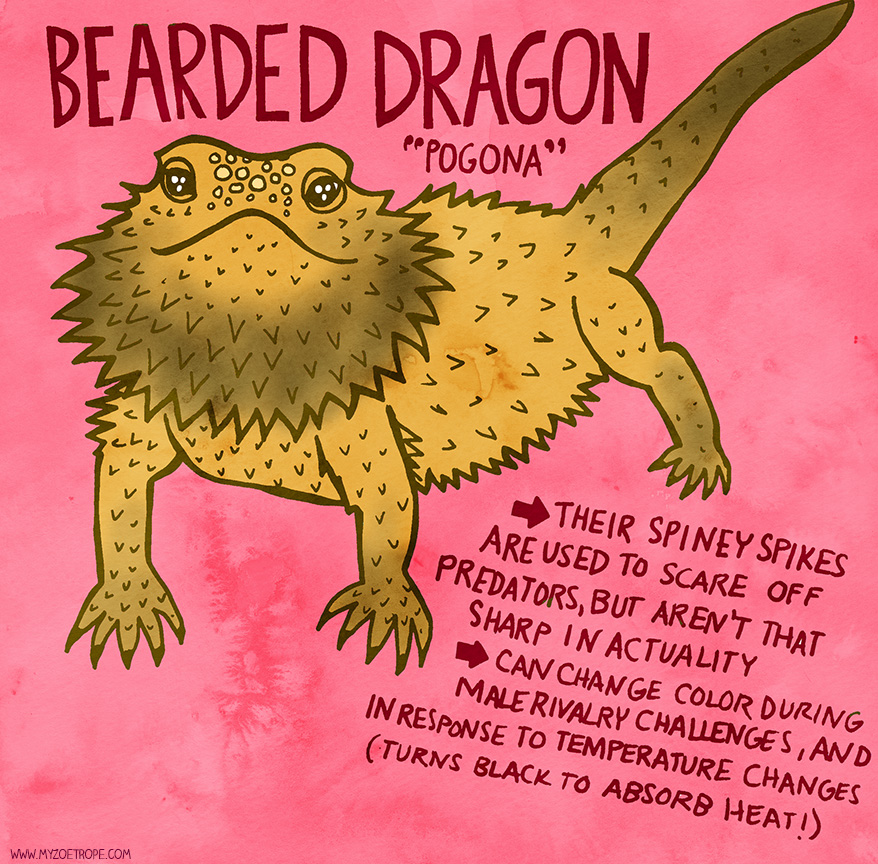Can You Be Allergic to a Bearded Dragon? Everything You Need to Know
Introduction
Bearded dragons are becoming increasingly popular as pets. They are docile, friendly, and relatively low-maintenance. However, like any pet, there are certain health risks associated with owning a bearded dragon. One of these risks is the possibility of developing an allergic reaction to your pet. In this blog post, we will explore whether or not you can be allergic to a bearded dragon, the symptoms of bearded dragon allergies, and how to manage them.
Can You Be Allergic to a Bearded Dragon?
Yes, it is possible to be allergic to a bearded dragon. Just like any animal, bearded dragons can produce allergens that can cause an allergic reaction in humans. The most common allergen associated with bearded dragons is a protein found in their saliva and skin cells. When this protein comes into contact with a human’s skin or mucous membranes, it can trigger an allergic reaction.
Symptoms of Bearded Dragon Allergies
The symptoms of bearded dragon allergies can vary from person to person. Some people may not experience any symptoms at all, while others may have a severe allergic reaction. The most common symptoms of bearded dragon allergies include:
- Red, itchy, or swollen skin
- Hives or rash
- Runny or stuffy nose
- Sneezing
- Watery or itchy eyes
- Difficulty breathing
If you are experiencing any of these symptoms after coming into contact with a bearded dragon or being in a room where a bearded dragon is present, it is important to seek medical attention immediately. Severe allergic reactions can be life-threatening if left untreated.
How to Manage Bearded Dragon Allergies
If you have developed an allergy to your bearded dragon, there are several steps you can take to manage your symptoms. The first and most important step is to avoid contact with your pet as much as possible. This may be difficult if you are the primary caregiver for your bearded dragon, but limiting your exposure to the allergen is essential to managing your symptoms.
Other steps you can take to manage your bearded dragon allergies include:
- Washing your hands thoroughly after handling your bearded dragon
- Wearing gloves when handling your bearded dragon
- Cleaning your bearded dragon’s enclosure regularly to minimize the amount of allergens in the air
- Using a HEPA air filter to remove allergens from the air
If your symptoms are severe or persistent, your doctor may recommend allergy medication or immunotherapy to help manage your symptoms.
Conclusion
Bearded dragons are a great pet choice for many people, but like any pet, they can come with health risks. If you are considering getting a bearded dragon, it is important to be aware of the possibility of developing an allergy to your pet. By taking steps to manage your symptoms, you can continue to enjoy the companionship of your bearded dragon without compromising your health.
Image References








